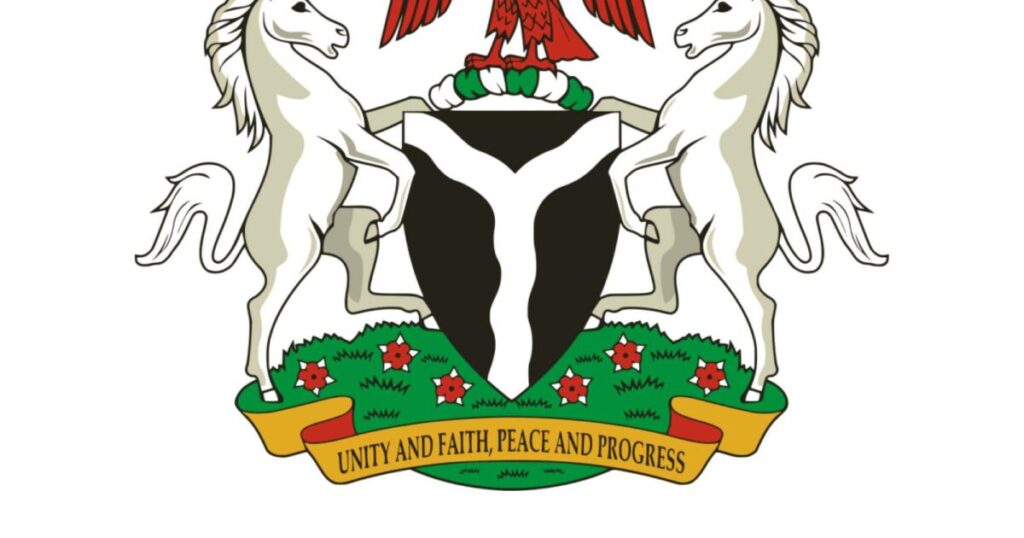The Director of the Department of Erosion, Flood, and Coastal Zone Management, Usman Bokani, at the Ministry of Environment, stated that flooding is increasingly undermining infrastructure, damaging ecosystems, and endangering public health in coastal areas.
They stated this recently in Abuja at a National Stakeholders Consultative Workshop on the policy framework.
Bokani, represented by Abdullahi Atta, Assistant Director, Coastal Zone Management, said the Integrated Coastal Zone Management policy represents a transformative shift towards a structured and inclusive strategy for managing the nation’s marine and coastal ecosystems.
He stated, Our coastal zones face numerous challenges, including erosion, flooding, pollution, and climate change. These issues threaten infrastructure, livelihoods, ecosystems, and human health. However, I am confident that through collaborative efforts and informed decision-making, we can develop effective solutions to these challenges.
’I look forward to productive discussions, innovative ideas, and collective efforts towards shaping a policy that benefits Nigeria’s coastal communities and ecosystems.”
The Federal Government has intensified efforts to protect Nigeria’s coastlines through the development of a comprehensive Integrated Coastal Zone Management Policy.
The Permanent Secretary, Federal Ministry of Environment, Mahmud Kambari, who was represented by Kunle Awojemila, Deputy Director, Department of Flood, Erosion Control and Coastal Management, said the policy was designed to ensure sustainable use and protection of the country’s coastal and marine resources.
“I express the Ministry’s full commitment to the policy development. We are determined to deliver an actionable framework that will safeguard our coastlines for present and future operations,” he said.
He noted that Nigeria’s coastal regions are not only ecologically important but also economically strategic, contributing greatly to livelihoods, commerce, and biodiversity.
“Unfortunately, these regions are under increasing pressure from climate change, rising sea levels, poor land-use practices, environmental degradation and frequent natural disasters,” he added.















